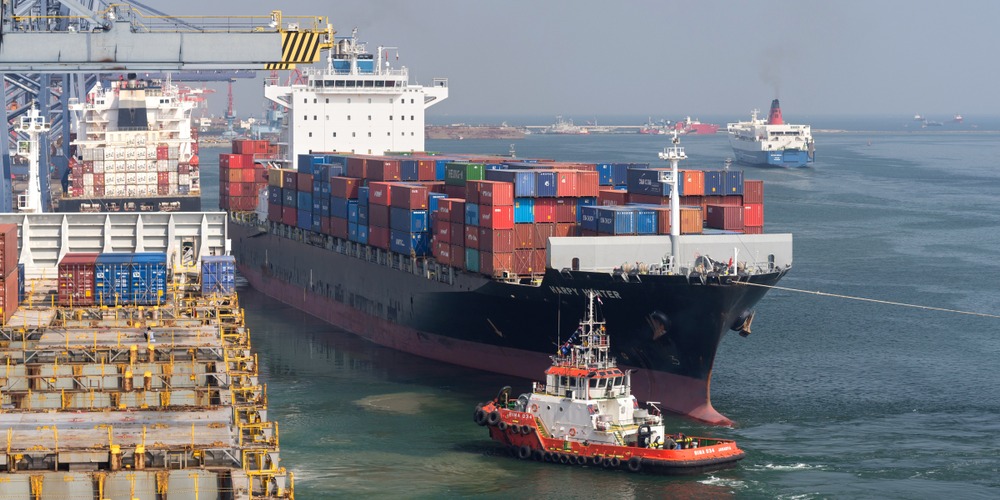Indonesia is set to launch six new special economic zones (SEZs), including its first-ever halal SEZ in Sidoarjo, East Java, as part of efforts to diversify the economy and strengthen its position in global value chains.
The plan, announced by the Coordinating Ministry for Economic Affairs on September 9, 2025, now awaits final approval from President Prabowo Subianto.
The Sidoarjo halal SEZ is expected to reduce Indonesia’s reliance on imported processing, particularly in key materials such as gelatin, much of which is currently sourced from China before being exported to the Middle East.
Indonesia, home to the world’s largest Muslim population, sees the zone as an opportunity to capture a greater share of the multi-trillion-dollar halal economy by localizing production in food, pharmaceuticals, cosmetics, and logistics. Early interest from investors signals strong potential for growth once the SEZ becomes operational.
Currently, Indonesia operates 25 SEZs, split between 13 industrial and 12 service-based zones, which have attracted nearly $19.4 billion in investments and created more than 187,000 jobs. In the first half of 2025 alone, SEZs absorbed $2.56 billion in investments—nearly half of the annual target—and generated exports worth approximately $5.19 billion.
The addition of the halal SEZ is expected to combine infrastructure, policy incentives, and industry specialization to create a globally competitive halal hub serving the Middle East, Southeast Asia, and Africa.


Muhammad Ali Bandial